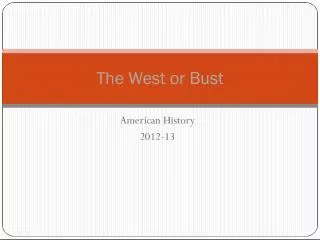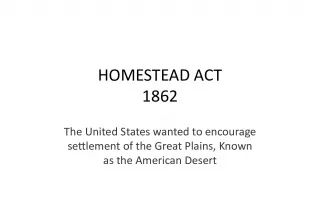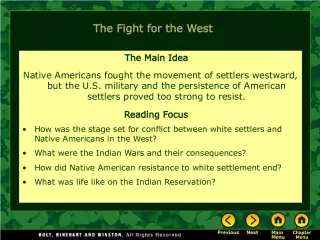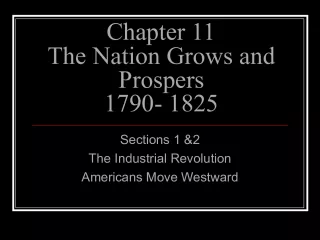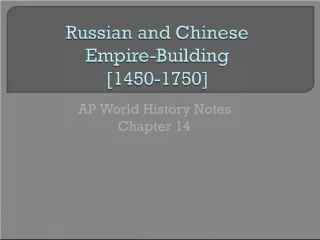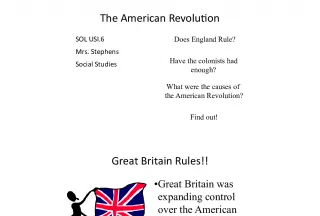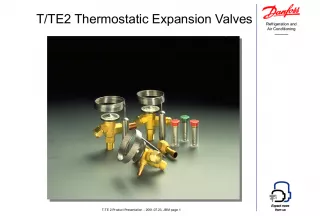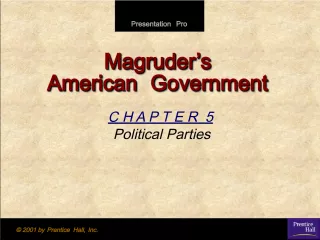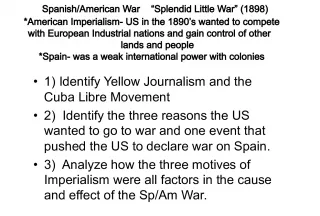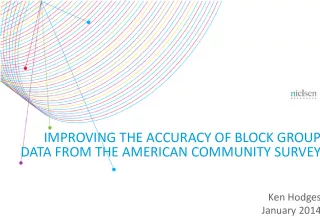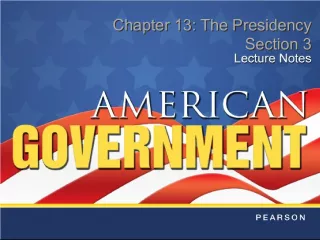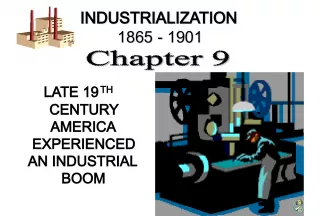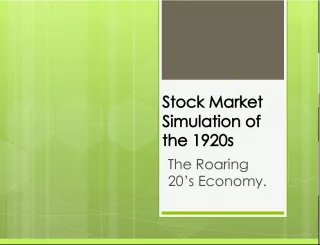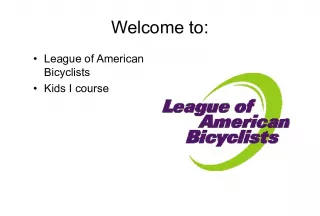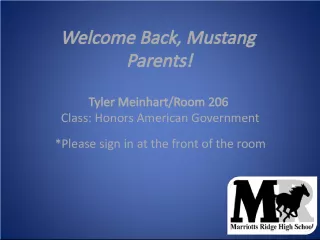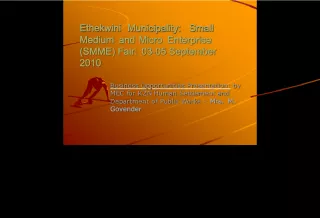Westward Expansion and the Transcontinental Railroad: Manifest Destiny and American Settlement in the 1820s-1865
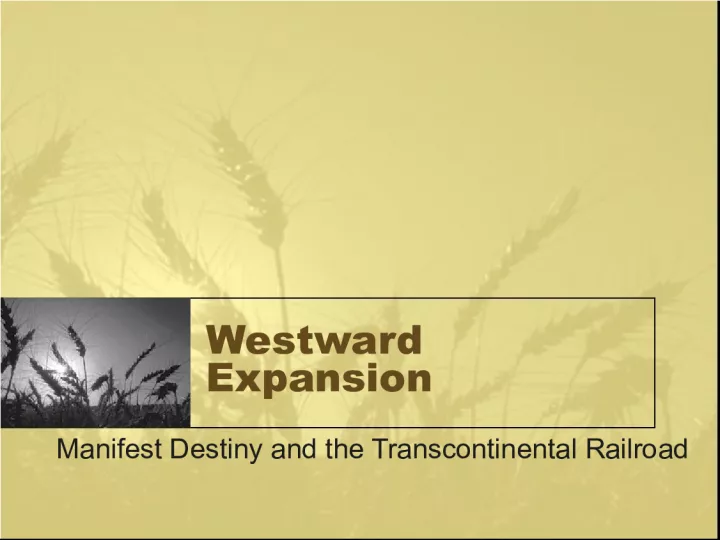

This text explores the challenges and factors that contributed to the settlement of the American West, particularly during the mid-
- Uploaded on | 1 Views
-
 joshuaolson
joshuaolson
About Westward Expansion and the Transcontinental Railroad: Manifest Destiny and American Settlement in the 1820s-1865
PowerPoint presentation about 'Westward Expansion and the Transcontinental Railroad: Manifest Destiny and American Settlement in the 1820s-1865'. This presentation describes the topic on This text explores the challenges and factors that contributed to the settlement of the American West, particularly during the mid-. The key topics included in this slideshow are . Download this presentation absolutely free.
Presentation Transcript
Slide1WestwardExpansion Manifest Destiny and the Transcontinental Railroad
Slide2America in the 1820s
Slide3•America in 1865 • No major Railroads went West • Travel West was extremely long and dangerous – 2-3 Months by land (Native American Resistance) • 4-6 Months by boat, All the way around South America
Slide4Factors That Contributed tothe Settlement of the West 1. Manifest Destiny 2. Gold Discovered in California 3. Homestead Act of 1862 4. Transcontinental Railroad 5. The American Dream
Slide5Manifest Destiny: GoWest Young Man • The west was viewed as the great untapped Frontier • Manifest Destiny – The belief that it was America ’ s mission to expand from ocean to ocean, spreading democracy and freedom • Americans believed it was their God-given duty to conquer the Western territories and unify the Nation
Slide7Territorial Expansionof U.S. • 1803 Louisiana Purchase • 1845 Texas • 1848 Mexican-American War: Colorado, Arizona, New Mexico, Wyoming, California, Nevada, and Utah • By 1850, America gains the Oregon Territory
Slide91848-49 Gold Rush• 1848 Gold Discovered in California • Thousands of Americans head West lured by the idea of becoming instant millionaires • West becomes the land of opportunity • Americans were on the move
Slide10Homestead Act of 1862• The U.S. Government encouraged the settlement of the West • 1862 Homestead Act – Millions of acres were given away free in the West to anyone that would claim land and live on it for 5 years • First come first serve basis • Other Public land was sold for $2.50 an acre
Slide11The Oregon Trail• The only way West by land was via the Oregon Trail • 2,170 Mile route • Dangerous and Difficult/Donner Party
Slide13The Other wayWest was by Boat
Slide14The Railroad Boom• In 1865, America had 50,000 miles of railroad, primarily in the Northern states • No railroads went West • America experienced a tremendous railroad boom after the Civil War • Over 150,000 miles of track was built between 1865-1895
Slide15Man of Steel: HenryBessemer • Before 1850, railroads and trains were made of iron • Iron is brittle, and railroads were unreliable and under constant repair • 1850 Henry Bessemer (England) invents a way to turn iron ore into steel
Slide16Bessemer Process• Converted Iron ore into steel • Steel is lighter, stronger, and more malleable (flexible) than iron • Steel could now be mass produced • Steel was inexpensive • Bessemer opens the door to an Industrial revolution in America • A new age of building began: skyscrapers, bridges, and railroads
Slide17Transcontinental Railroad• The 1 st Transcontinental Railroad was started in 1869 • Gov. granted over 200 million acres of land for the project and offered low interest rate loans • It ran from Sacramento, California to Omaha, Nebraska • Union Pacific RR began laying track Westward out of Omaha • Central Pacific RR began laying track Eastward out a Sacramento
Slide26The Golden Spike• On May 10 th , 1869, at Promontory Point, Utah, the “ Golden Spike ’ was driven into the ground uniting both the Union Pacific and Central Pacific Railroads • 1 st railroad line connecting the East to the West • Travel time about 4-5 days from NY to California • Considered one of the greatest architectural achievements in American History • Nothing could stop Manifest Destiny
Slide32TechnologicalImprovements • RR track was standardized – width of steel rail, and width from rail to rail • National signals are established • George Westinghouse developed air brakes • 1883, A National time and Time Zones are established – For scheduling, everyone was on the same time
Slide34The Railroad’ s Impact • Transportation of people and goods was quicker and cheaper • New era of interstate trade and commerce – 1865 – it cost $3.45 to ship a barrel of flour from NY to Chicago – 1890 it costs .68 cents • New jobs – Irish/Chinese • Westward Expansion – Safer/Quicker/Cheaper • Native American wars and removal
Slide35Eminent Domain• What happened to the land or property people if a railroad was designed to go through it? • Eminent Domain – 5 th Amendment – Gov. can take any land as long as it is for the public good – What is the Public Good? – Indian territory decimated Eminent Domain still a part of our lives today Private property vs. Public Use – airport runways, parks, highways, shopping centers etc. The Government – federal, state, and local can take what it wants New buildings and structures create increased tax revenue Blighted areas become economic goldmines
